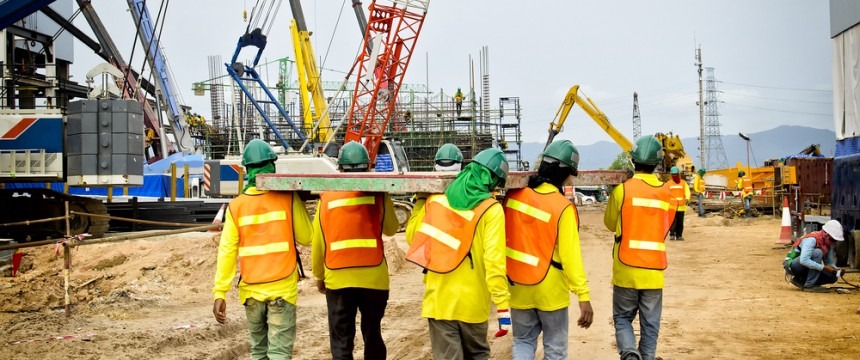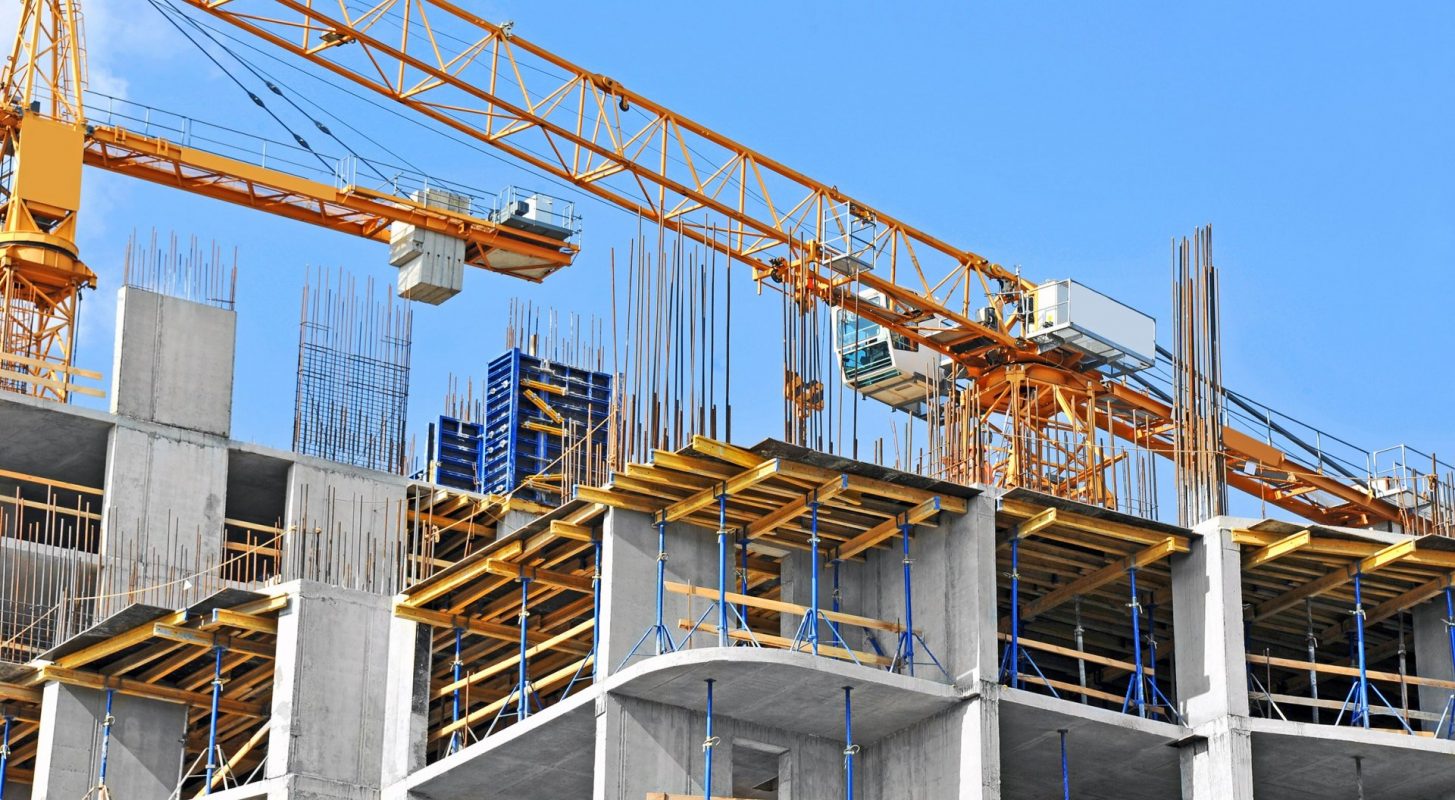Lancashire based Interior designers bringing space to life
As with most industries in the UK, the construction industry still has presented mixed reports on the impact of Brexit. Will it help to tackle the current skills shortage in the industry? What will the effect on imports and exports be? And crucially, will there be less or more red tape to adhere to?

A few months on, as the world settles into the reality that is life post ‘Brexit’, many questions still remain unanswered over the impact on the UK economy. As an industry that relies heavily on the EU, does this mean that our creative and construction sectors are set to be dramatically impacted by the events of Brexit?
One of the biggest issues facing the construction industry is access to labour. The building industry has historically relied heavily on foreign workers for skilled and non-skilled job roles, and despite this, there is still a skills gap.
During the referendum campaigning, we remember one of the most contested and debated ideas for the EU was the right to free movement. The relative ease to migrate through EU member states has resulted in a valuable resource for our construction industry. The current question over immigration and a tightening on migration between EU countries could mean foreign workers will now find it more difficult to work in the UK.
As an industry already suffering from a declining workforce, if the pool of foreign labour decreases further it follows that the capacity of construction workers will also decrease. This will certainly affect operating cost. The knock-on effect may lead to projects being delayed and a snowball of further unease.
Continental contractors have been among those most heavily involved in some of the UK’s largest construction projects including HS2, Crossrail, the Thames Tideway Tunnel and Hinckley Point C. It remains to be seen whether these contractors will decide to explore opportunities in other countries due to the uncertain outlook over Brexit. Given the popularity of fixed-price contracts in the industry, the decline in the exchange rate may also impact on those without the appropriate protection against fluctuation in the currency market in their contracts.

Depending on how long the political turmoil lasts, we think it is inevitable that costs will rise for UK developers and contractors due to their reliance on importing and exporting with a less favourable exchange rate. Interestingly, the pound’s devaluation has begun a flurry of overseas investment in UK real estate, notably expensive London property.
There is potentially a positive side to the UK however. The decrease in foreign labour may give many in the UK Construction Industry the opportunity to start apprenticeships or increase the number of apprenticeships, to overcome the skills shortage creating more jobs for UK citizens.

It is also worth bearing in mind that changes to any EU trading agreements involving labour or materials will not come into effect until 2019 or even later if the EU wishes to extend the negotiations. Restoring stability and confidence in our industries is a matter of urgency to enable us to maximise the opportunities presented by the UK’s new relationship with the EU and the rest of the world?
We know this is a rather ‘dry’ post compared to others we’ve written however, we are in this uncertain world for many years to come so best make the best of it.
